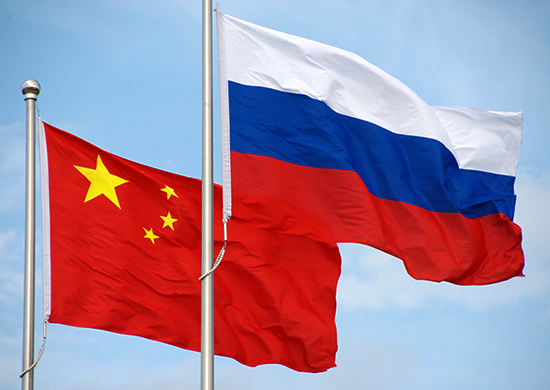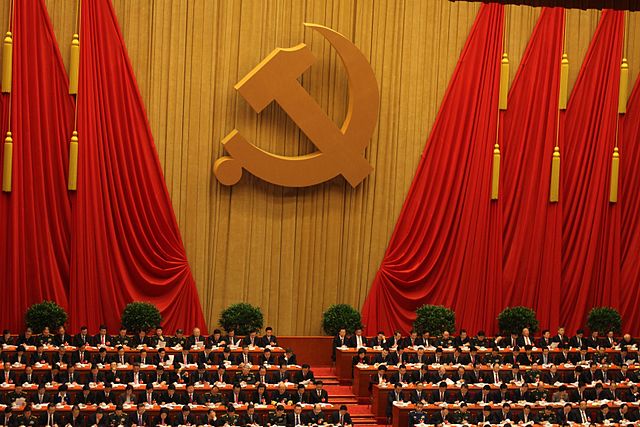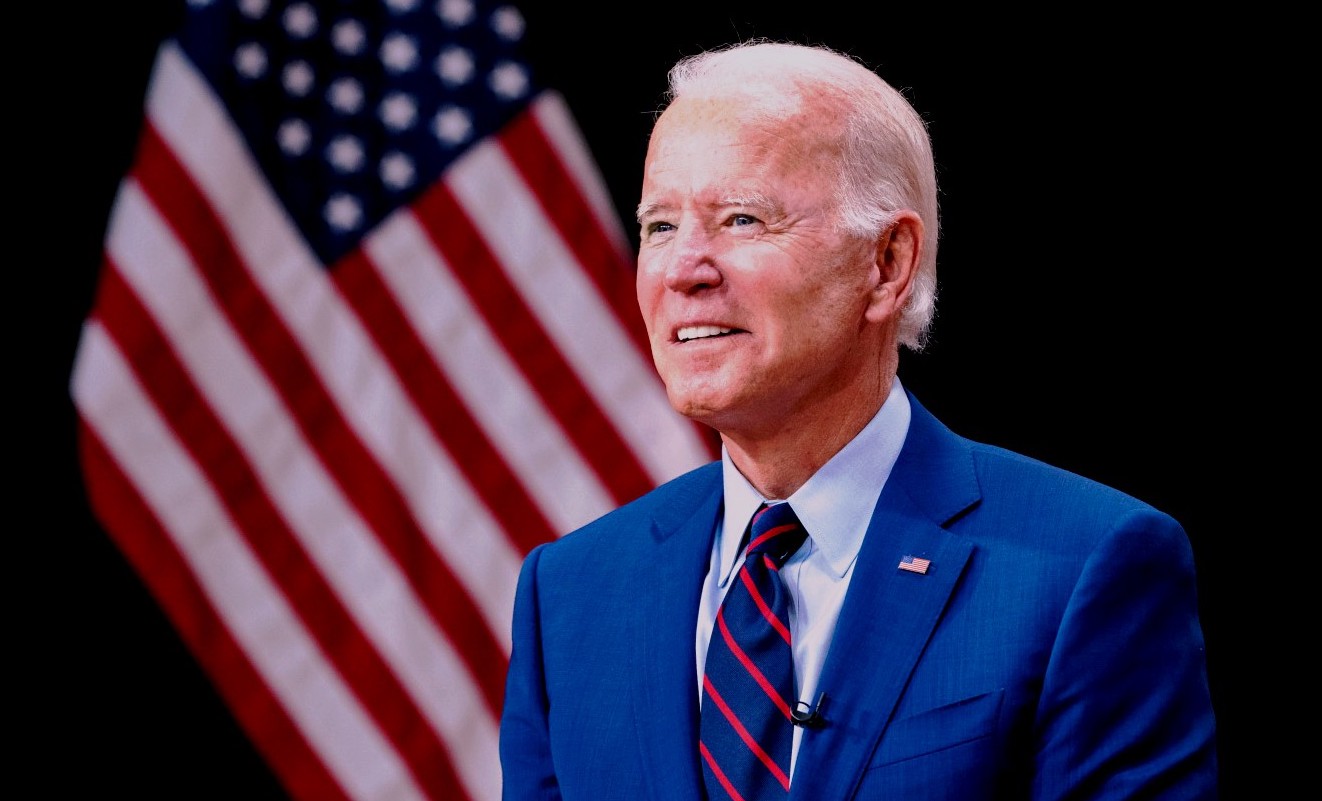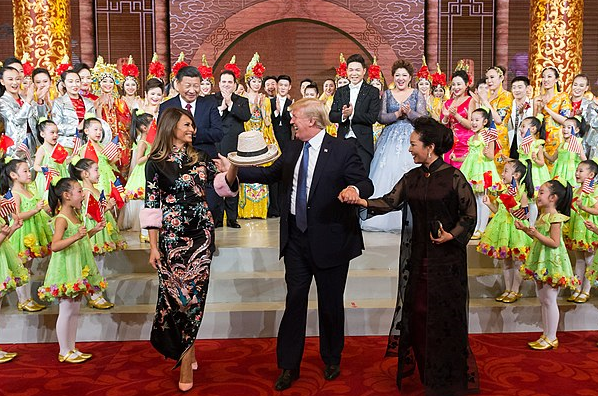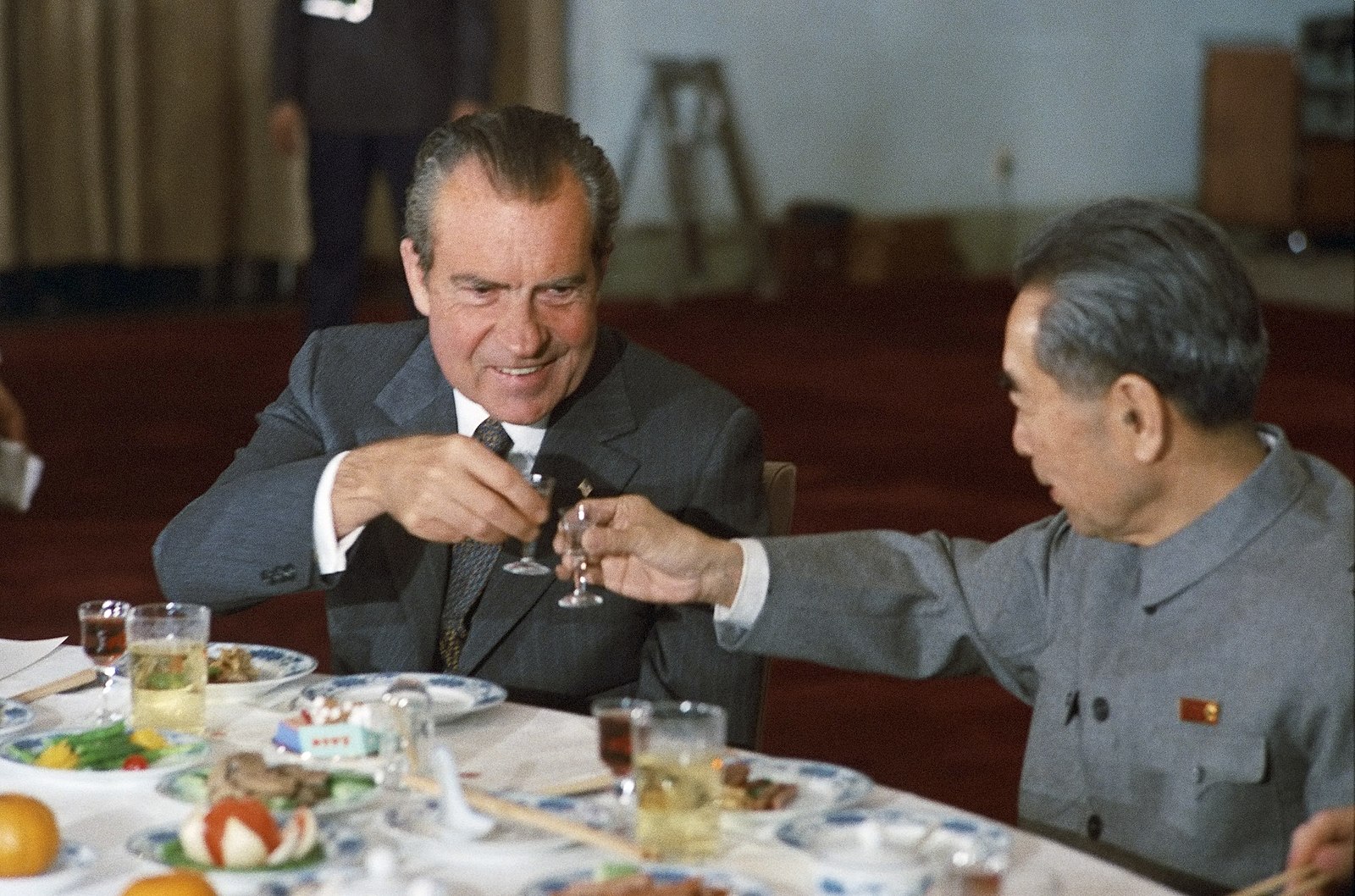Is the U.S Stigmatizing China?
- We look at Washington's attempts to stigmatize China over Covid-19
- Re-election is weighing on Trump's mind
- US-China relations is at one of its lowest points ever
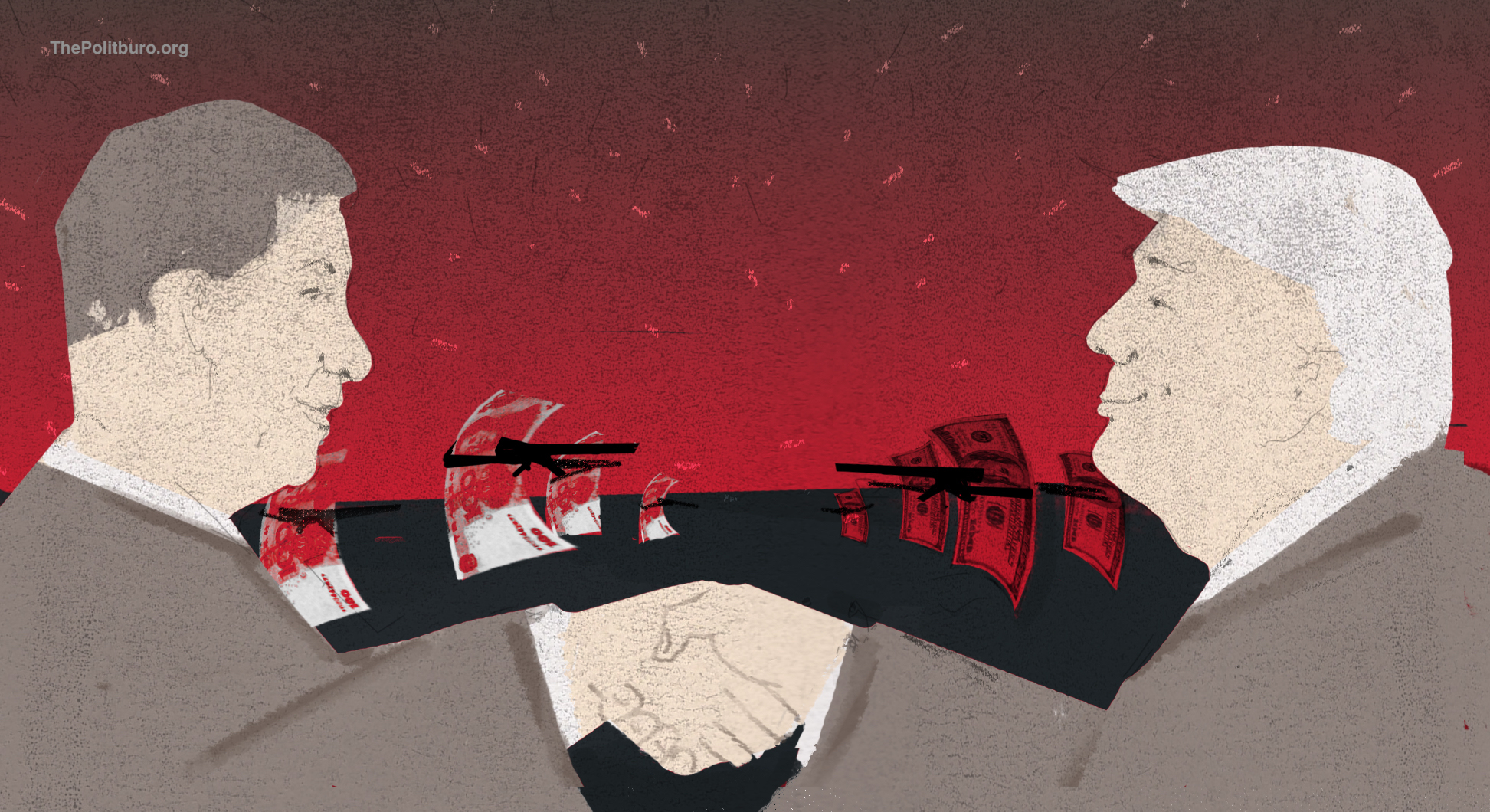
In a wide-ranging interview, Vice-Foreign Minister, Le Yucheng said Washington is wasting precious time stigmatizing China over the pandemic. Time that could have been spent confronting the virus when it first broke out in America was wasted in politicizing the disease. He added:
“On Jan. 23 when Wuhan went under lockdown, the United States reported only one confirmed case, but on March 13 when President Trump announced a national emergency, the United States reported over 1,600 confirmed cases”
NBC News
More recently, Trump ordered his intelligence agencies to investigate whether China and the World Health Organization initially hid vital information about the disease. In an op-ed for the South China Morning Post, Stephen Roach writes how the “die is cast” and we are now facing a “major rupture in US-China relationship”
Trump certainly is not averse at lobbing accusations at China like this:
“China will do anything they can to have me lose this race”
Donald Trump – NY Post
Indeed, he has suggested that China mishandled the pandemic to lower his chances of re-election (he insists that Beijing favours Biden). U.S allies have also supported Washington’s actions. Australia, for one, openly supported calls for an independent investigation into the coronavirus outbreak despite Chinese threats to stop Australian wine and beef, in return.
Trump officials, in particular, have tried to tie the virus with ‘China’ and ‘Chinese’ (one recalls how Trump initially termed Covid-19 the ‘Chinese virus’). These attempts have angered China. The host of China Central Television wrote how
“Chinese media should also publish another data table, which record the words and deeds of foreign politicians and media who stigmatize China every day. The data table should be recorded, published and updated daily. You may ask why. The answer is simple: First, we should analyze these words and deeds just like analyzing viruses to see where the root cause is. Second, we should expose these dirty mental viruses to human conscience. And finally, we should remember them. “
Li Jiaming — Global Times
China’s foreign ministry have repeatedly called out America’s attempts to ‘stigmatize’, ‘slander’ and ‘politicize’ Covid-19.
It is easy to dismiss such reactions as yet another example of China’s tendency to deflect all criticism. Indeed, we could and should have debates over how easily China seems to be triggered by criticism. Nevertheless, the tone and tenor of some politicians in speaking about the coronavirus, have simply given Beijing even more fodder to illustrate how others are trying to ‘do them in’.
In that way, Li and others have a point insofar as showing how racialized discourse over the virus have knock-on, real-world effects. Physical and verbal attacks on people of Chinese ethnicity have increased around the world, notwithstanding the fact that many of those targeted are not Chinese nationals. Ethnic Chinese Singapore and Malaysian students, for example, were physically assaulted in places like Melbourne and London.
Scientists have also called for politicians to stop the coronavirus stigmatization. As an article in Nature, puts it clearly: “Continuing to associate a virus and the disease it causes with a specific place is irresponsible and needs to stop.”
In that regard, it seems like western liberal media have over-played their hands in airing the grievances of Chinese people (information transparency, heavy-surveillance and so forth) – while ignoring the very real anger and patriotism that stigmatization has created (aided, of course, by the adept Chinese media machinery). Western liberal media also often neglect more moderate voices from the rest of Asia, with regard to the hawkish ways politicians in the West are dealing with the Chinese government.
More worrisome is how Trump seems to be playing the ‘China card’ frequently, in a bid to boost his re-election chances. Several polls show him lagging behind Joe Biden and China presents a convenient (and easy) outlet for him externalize problems plaguing the U.S. We are already seeing a fracture in the U.S-China relationship. Even if Biden wins the Presidency, this split will be difficult to mend.
The pandemic should have been the public enemy that brought the world powers together, solve and manage the crisis. Unfortunately, we are seeing the exact opposite — both major powers are politicizing it to varying degrees in an open competition.
Dylan is the founding editor of The Politburo and is an Assistant Professor at Nanyang Technological University. Views expressed are his own and do not represent the views of his employer.

